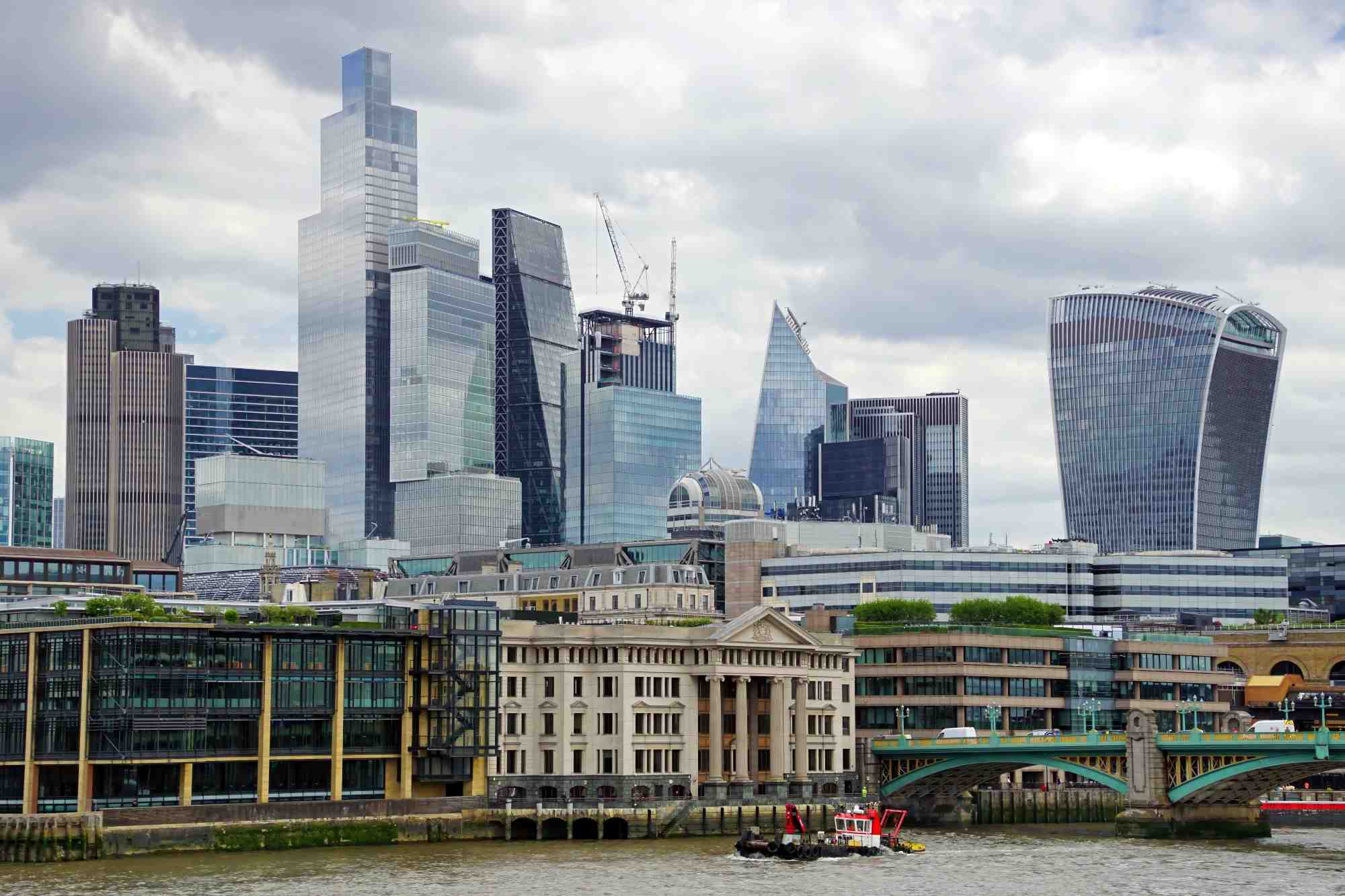With the latest UK inflation figures out today, financial advisers will be weighing up what it all means for clients—especially with a Bank of England rate call due tomorrow.
While markets were hoping for signs of cooling, this sticky inflation could impact thinking around rate cuts, mortgages, and income strategies. There’s also been a bit of noise around the reliability of the data after last month’s CPI figure was quietly revised from 3.5% to 3.4% due to an error—but that aside, today’s number will shape plenty of client conversations. Whether rates stay higher for longer or not, the inflation story is far from over. We hear what the experts have to say:
Richard Carter, head of fixed interest research at Quilter Cheviot comments:
“This morning’s inflation figures show headline CPI rising by 3.4% in the year to May. Core inflation—which strips out energy and food—now stands at 3.5%, continuing to ease, and providing the Bank of England with a mixed picture ahead of its rate decision tomorrow.
“While inflation has steadily declined from its double-digit peak, today’s data reinforces just how tricky the final stretch of disinflation can be. Price pressures in the services sector remain elevated but have slightly cooled from 5.4% to 4.7%. But geopolitical tensions in the Middle East, could inject further volatility into the path ahead. Data integrity issues, such as the recent 0.1 percentage point overstatement in April’s estimate due to vehicle tax misreporting, have also heightened uncertainty regarding the reliability of key indicators.
“The Bank of England is widely expected to keep interest rates on hold this week, regardless of today’s inflation print. The situation in the Middle East and its potential to drive further energy-related inflation means policymakers will be wary of cutting rates too soon. Greater clarity on the inflation outlook will be needed before the Bank feels confident enough to make its first move.
“Markets are still pencilling in a rate cut in August, but if inflation proves stubborn or global risks intensify, the Bank may be forced to wait. For investors and households alike, this period is a reminder that we are not out of the woods just yet.”
Dean Butler, Managing Director for Retail Direct at Standard Life, part of Phoenix Group said: “Summer is on the horizon and inflation is refusing to cool down, with May’s inflation figures showing that the UK’s price pressures remain persistent. At 3.4%, the Consumer Price Index (CPI) sits significantly above the Bank of England’s 2% target, and while many had hoped for a smoother path to interest rate cuts in 2025, it seems likely we’ll continue to see a cautious approach from the Bank, particularly in the context of increasing global instability. Any further cuts this year will probably be incremental, as the Monetary Policy Committee looks to balance the UK’s need for growth with the risk of fuelling inflation.
“For mortgage holders and those with other borrowing costs, a high-inflation, high-interest rate environment will be particularly unwelcome. Savers, however, have an opportunity to continue to benefit from inflation-busting returns – there are still some best-buy easy-access savings accounts offering rates between 4 and 5%. It’s important to shop around, as there are also rates far lower than this on the market.
“For those able to accept a level of risk, investing offers the potential for higher growth, but remember that investments can go down as well as up. If you’re able to take a long-term view, pensions are a powerful tool, combining potential compound investment growth over many years with employer contributions and tax efficiency.”
Sarah Pennells, Consumer Finance Expert at Royal London, comments:
“A fall in inflation is welcome news, but the cost of living remains a daily struggle for many. Prices may be rising more slowly, but they’re still rising.
“Our latest Financial Resilience report shows that people’s purse strings are still tight, as a lack of short-term cash savings has, worryingly, stayed consistent over the last two years. One in five adults tell us they have less than £100 in cash savings, a figure that has remained unchanged for two years.
“But it isn’t all doom and gloom – in February 2024, three quarters (75%) of adults told us that their retirement savings and plans had been affected by the higher cost of living. This year it fell significantly to 43%.
“Inflation isn’t just a number, it’s about real people making tough choices every day, from heating their homes to putting food on the table. Anyone worried about money should seek help early and check if they’re entitled to extra support.”
Patrick O’Donnell, Chief Investment Strategist at Omnis Investments:
“Services inflation was going to see a significant downshift from last month, due to the ONS error last month on Vehicle Excise Duty and the late timing of Easter this year. This is a slightly bigger fall than the consensus had expected and matches what the BoE had forecasted. That’ll allow some of the MPC members to focus more on the labour market data which has been weaker and shift them towards the more dovish end of the spectrum. It’ll still too early for a move at their meeting this week but we continue to think that there is an attractive asymmetry to short-dated fixed income at these levels.”
Danni Hewson, AJ Bell head of financial analysis, comments on the latest UK inflation figures:
“The problem with inflation data is that it’s looking back at what has already happened, whilst households have to look forward at what is to come.
“The price at the pump played a big part in the slight fall in headline inflation but the escalating conflict between Israel and Iran has impacted the oil price in the past week, with UK motorists already bracing themselves for hikes and airfares also expected to soar.
“After the impact of all those bill increases during ‘Awful April’, shoppers wheeling their trollies down supermarket aisles will have noticed the rise in food prices which have shot up at the fastest rate in over a year. And anyone needing to replace white goods like fridges and freezers will also have had to pay more.
“There has been some confusion about last month’s inflation rate because of an error in vehicle excise duty numbers, so people might be puzzled by differing headlines.
“But they won’t be confused about their own personal circumstances. Budgets will have been strained by increases to bills like water, energy, council tax and broadband, making increases in the cost of the weekly shop doubly difficult to deal with.
“Whether the headline rate has fallen slightly or held steady, it’s still significantly above the Bank of England’s target of 2%. Market expectation of a rate cut by the MPC when it meets tomorrow has actually climbed slightly to 12% and looking at today’s figures there could be a degree of wiggle room.
“Both core inflation and service sector inflation have fallen in the past month, and rate setters may want to get ahead of potential volatility in order to stimulate a flatlining economy which looks perilously close to toppling towards stagflation. But with such uncertainty and volatility, staying put might seem like the only smart move.”








![[UNS] tax](https://ifamagazine.com/wp-content/uploads/wordpress-popular-posts/788955-featured-300x200.webp)
![[uns] house of commons, parliament](https://ifamagazine.com/wp-content/uploads/wordpress-popular-posts/788873-featured-300x200.webp)





